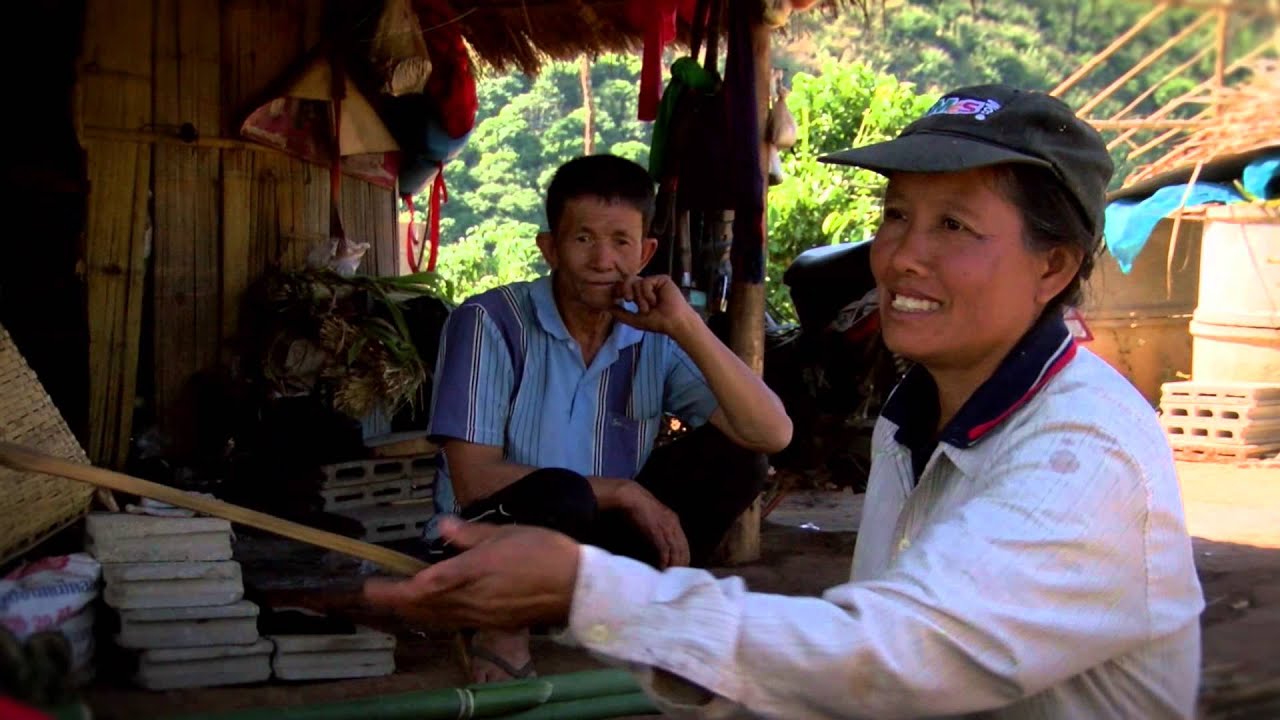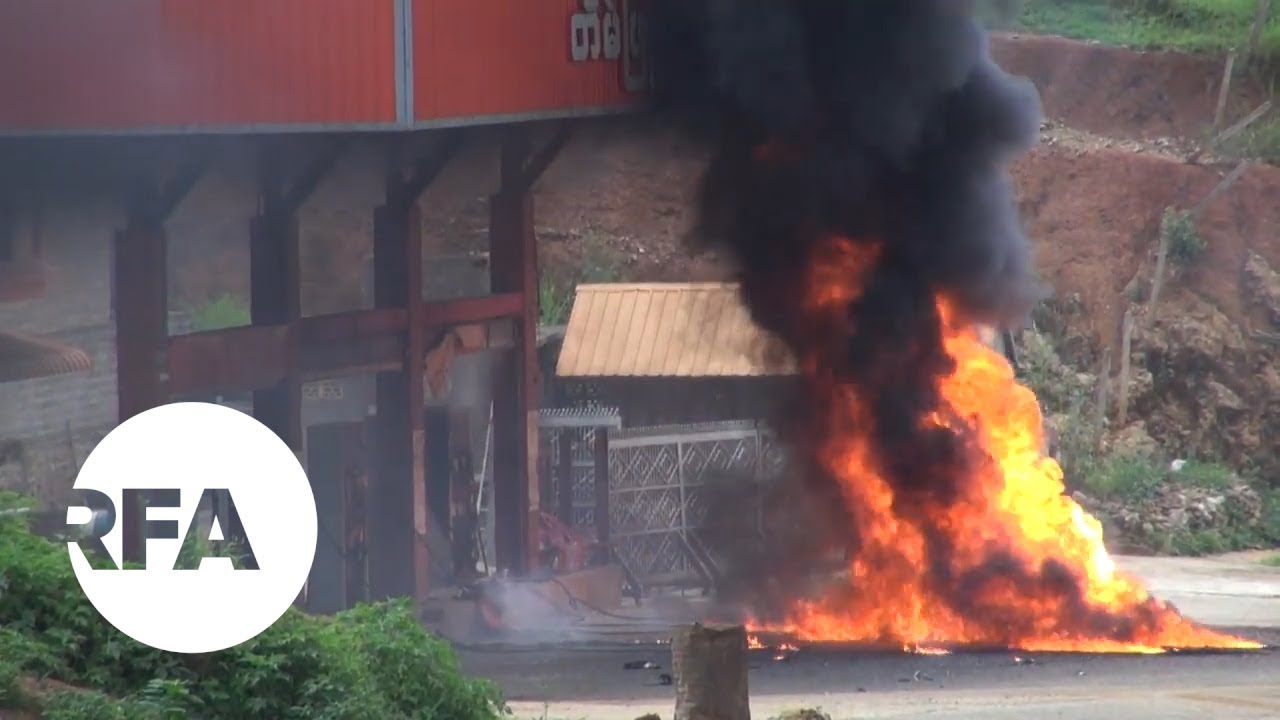Wasn’t exactly sure if this would be a discussion or watercooler but because it’s sort of jumping from Buddhism but not necessarily answerable from the texts I figure this is the place.
Bhikkhu Bodhi in a 2014 article argued that enlistment in the military and indeed killing is permissible under certain circumstances with certain intentions. Ven. Thanissaro and others have argued against this.
In the article, Bodhi writes this:
But while the ethic of harmlessness may have served well as a guide to personal conduct, the governance of a state presented a moral quandary, with which the texts occasionally grapple. In a short sutta (SN 4:20) the Buddha ponders the intriguing question: Is it possible to rule a country righteously—without killing and instigating others to kill, without confiscating the property of others, without causing sorrow? No sooner does the question occur to him than Mara the Tempter appears and begs the Buddha to give up his monastic vocation in order to rule. The Buddha spurns Mara’s proposal with a statement on the misery of sensual pleasures: “Even a mountain of gold would not be enough for one.” Yet, strangely, the sutta does not answer the question with which it began. Perhaps the question was deliberately left hanging because the Buddha (or the compilers) did not think an unambiguous answer was possible.
What strikes me as interesting here is that in the political-economy philosophy of Anarchist Pacifism, it’s argued that:
- Violence is never justified
- The state necessarily perpetrates violence in order to exist and function
- Therefore, the state is never justified
Views like this have been held most famously by Leo Tolstoy, Dorothy Day and M.P.T Acharya, among many others. I’ve seen the idea of this being compatible with Buddhism before but haven’t really seen that articulated beyond Reddit posts.
In terms of the sutta and this question never being answered, if we’re taking the view of “what will increase the chances of Buddhism’s success as a religion?” then it would make sense to refuse to answer the question. Imagine if one of the ideas of Early Buddhism directly opposed King Ashoka? Buddhism as a whole could be in a very different, less popular, place.


 Or is it? But I don’t think it comes without thought or effort to any.
Or is it? But I don’t think it comes without thought or effort to any.